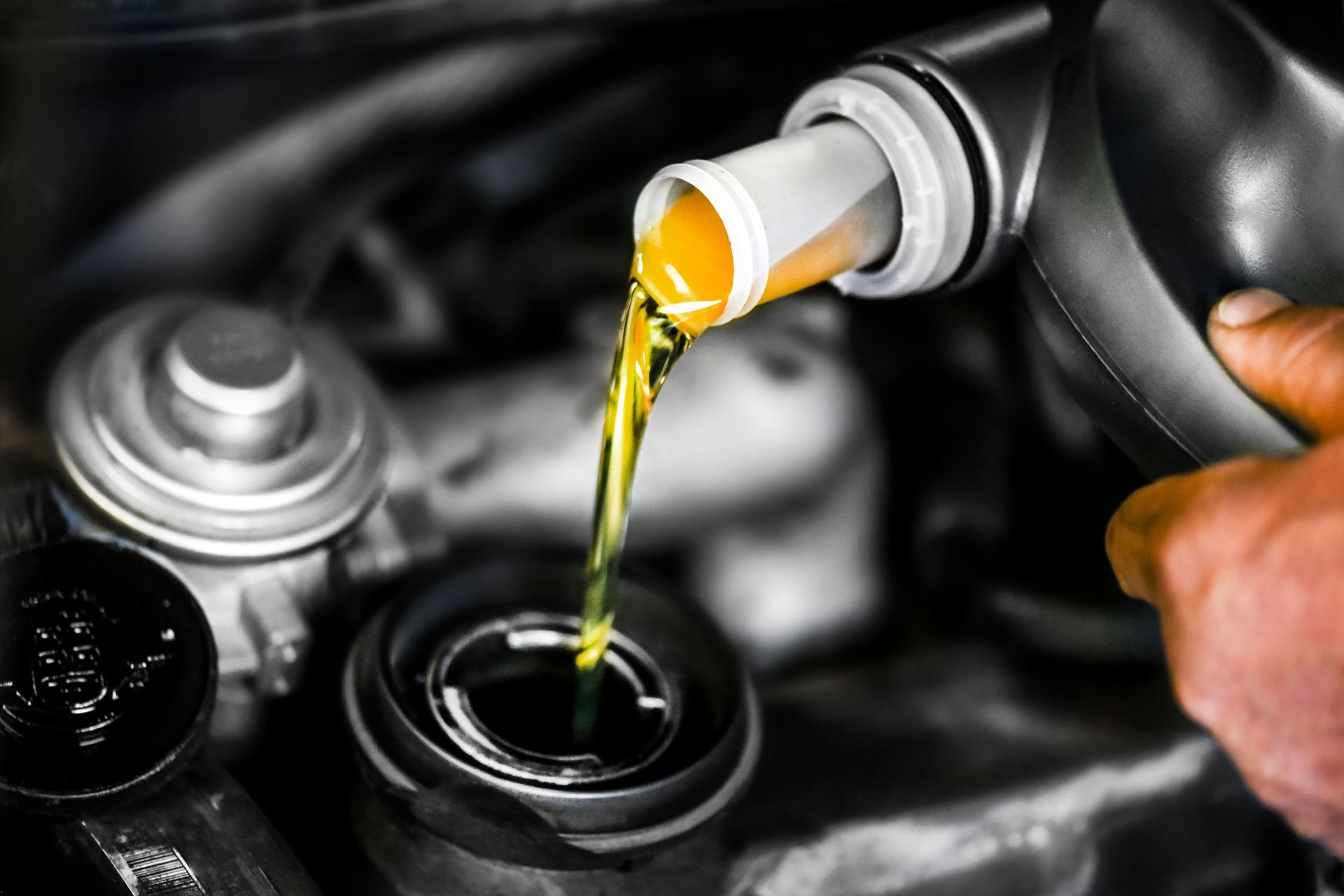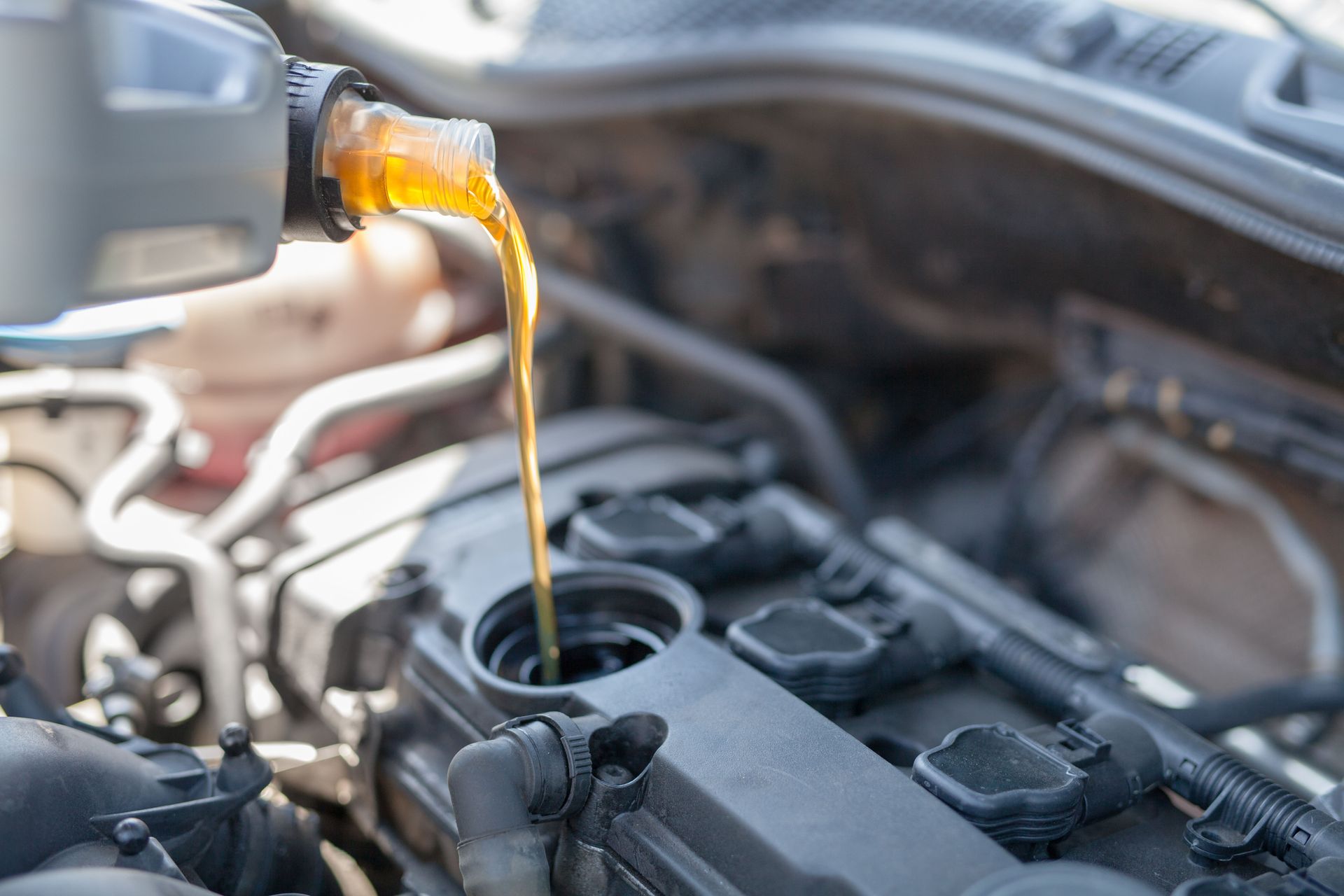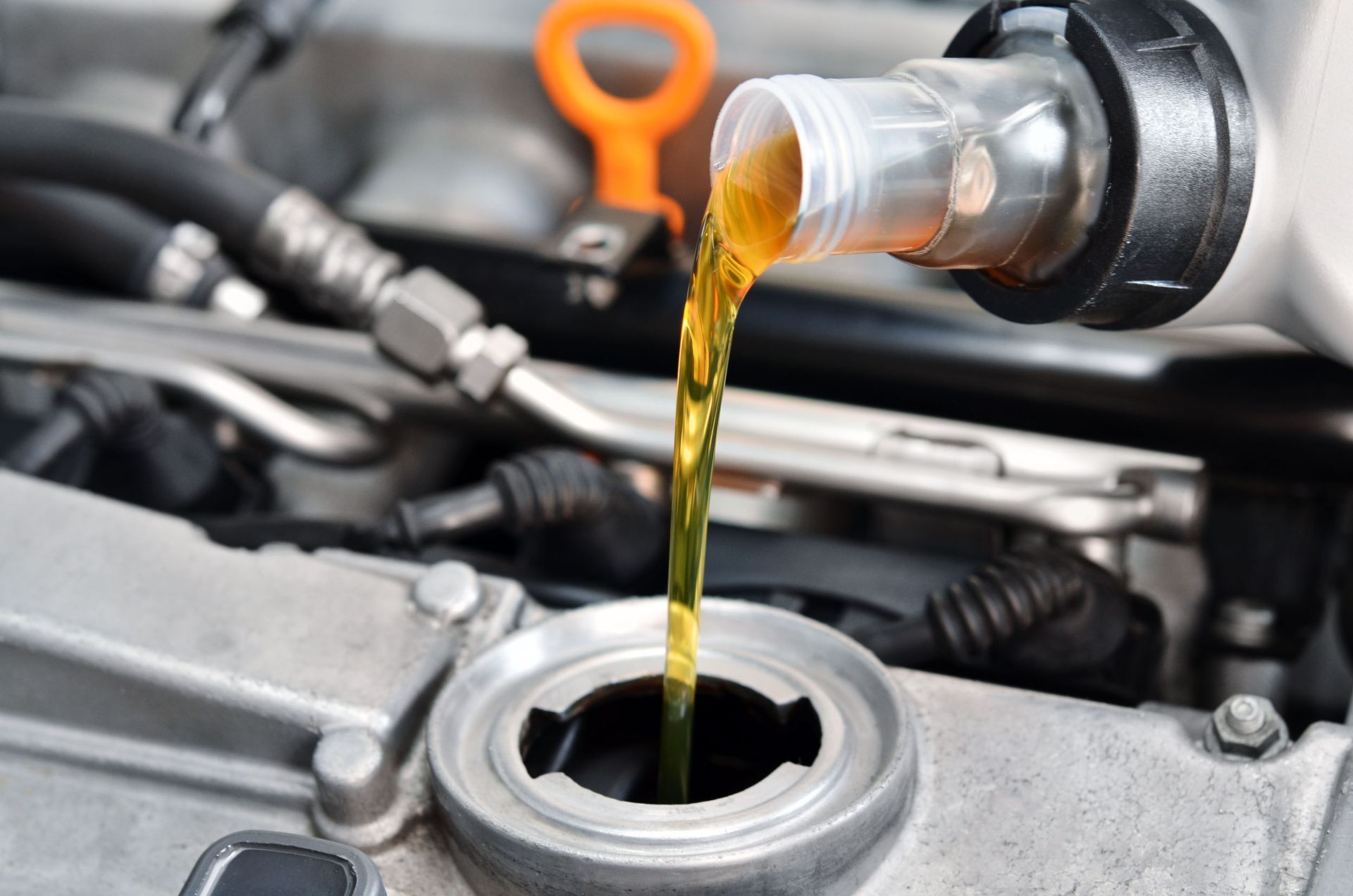October 13, 2025
Proper vehicle maintenance is essential for keeping your car running smoothly, and few tasks are as important as regular oil changes. Engine oil serves as the lifeblood of your vehicle, reducing friction, regulating temperature, and protecting internal components from excessive wear. Without consistent maintenance, engines can quickly suffer from overheating, loss of efficiency, and costly repairs that shorten the lifespan of your vehicle.
By exploring the science behind oil changes, we can better understand why this routine service is so vital. From the way oil lubricates moving parts to how it traps harmful contaminants, the role of engine oil extends far beyond just keeping things running. It is the foundation of engine health and longevity.
Why Are Oil Changes Important for Engine Health?
Engine oil performs several crucial functions that make oil changes indispensable. At its core, oil acts as a lubricant, ensuring that the pistons, crankshaft, and other moving parts slide smoothly without grinding against each other. This reduces wear and prevents overheating caused by friction.
Beyond lubrication, engine oil also helps cool internal components by dispersing heat generated during combustion. When oil breaks down or becomes contaminated, it loses this ability, putting the engine at risk of overheating. Oil also plays a cleaning role, carrying away dirt, soot, and microscopic metal shavings that build up during operation. A fresh supply of oil restores these critical properties.
Skipping oil changes can create a ripple effect of problems. Dirty oil thickens and becomes sludge, clogging vital pathways and forcing the engine to work harder. Components wear down faster, and efficiency drops significantly. According to the New York Post, one in five car owners admits to ignoring their check engine light for six to 18 months. Many of these cases could trace back to neglected maintenance, highlighting how delays in oil changes can lead to larger, more expensive repairs.
How Often Should You Change Your Oil?
There is no universal timeline for oil changes because every vehicle operates under different conditions. In our experience, while the old advice of every 3,000 miles once held, advancements in synthetic oils and engine technology have extended intervals for many modern vehicles. Today, some manufacturers recommend changes every 7,500 to 10,000 miles.
That said, driving style and conditions can shorten these intervals. Frequent stop-and-go driving in heavy traffic, exposure to extreme temperatures, and towing heavy loads all put added strain on the engine. These conditions cause oil to degrade more quickly, requiring oil changes sooner than average.
The type of oil used also matters. Conventional oil tends to break down faster, while synthetic oil maintains its protective qualities longer. Checking your owner’s manual remains the best guide, as it takes into account the engine’s design and manufacturer recommendations.
Being proactive with oil changes provides more than peace of mind. It ensures your car’s fuel economy stays optimal and prevents minor problems from snowballing into major mechanical failures. Regular monitoring of both oil condition and oil level is a smart habit for any car owner.
What Happens During an Oil Change?
An oil change may sound simple, but the process involves several important steps. First, the old oil is drained from the engine. This removes contaminants and degraded fluid that can no longer properly lubricate or protect internal parts. Mechanics often inspect the used oil to check for signs of engine issues, such as metal particles that indicate wear.
Next, the oil filter is replaced. Filters play a pivotal role in trapping dirt, sludge, and debris before they circulate through the engine. Over time, filters become clogged and less effective, which is why they are replaced with each oil change.
Afterward, new oil is added. The specific type—conventional, synthetic blend, or full synthetic—depends on the vehicle’s requirements and the owner’s preference. Professional mechanics also take this opportunity to check for leaks, top off other fluids, and inspect belts, hoses, or other potential problem areas.
This routine service restores engine performance almost instantly. Clean oil reduces friction, enhances cooling, and ensures smooth operation. Drivers often notice their cars running quieter and more efficiently after oil changes, underscoring just how impactful this maintenance task can be.
What Are the Signs Your Car Needs an Oil Change?
Even if you adhere to a set schedule, your car may show clear signs that an oil change is needed sooner. One of the easiest checks is the appearance of the oil itself. Fresh oil has a clear, amber look, while old oil becomes dark, thick, and sometimes gritty. Regularly checking the dipstick provides quick insight into the oil condition.
Other red flags include unusual engine noises, such as ticking or knocking, which suggest that lubrication is insufficient. Dashboard warning lights, especially the oil pressure light, should never be ignored. Unfortunately, as studies show, many drivers delay responding to these signals. That delay often results in higher repair costs down the line.
You may also notice a decline in fuel efficiency when oil becomes too old, as the engine must work harder to perform. Excessive exhaust smoke, the smell of burning oil, or consistently low oil levels can also indicate a problem that oil changes can resolve or prevent.
Paying attention to these warning signs is a simple yet effective way to protect your vehicle’s longevity and performance.
Can You Change Oil Yourself vs. Professional Service?
Many car owners debate whether to handle oil changes themselves or leave the task to a professional service. Both options have their merits.
Changing oil yourself can save money and provide a sense of control over the process. With the right tools and knowledge, DIY oil changes can be done relatively quickly. However, this approach requires proper disposal of old oil, which can be hazardous to the environment if not handled correctly. Mistakes, such as using the wrong oil type or failing to tighten the drain plug, can also lead to serious engine problems.
Professional services, on the other hand, offer convenience and expertise. Mechanics not only replace the oil and filter but also conduct inspections that may catch issues early, such as leaks or worn components. For many drivers, the peace of mind of knowing the job was done correctly is worth the cost. Additionally, professionals ensure that used oil is disposed of safely and responsibly.
Ultimately, the choice depends on your comfort level and priorities. For some, the cost savings of DIY outweigh the risks. For others, professional oil changes are worth the reliability and added service checks.
Regular
oil changes are among the simplest and most cost-effective steps you can take to protect your vehicle. They ensure proper lubrication, regulate temperature, and keep engines clean and efficient. By neglecting this basic maintenance, drivers risk facing overheating, poor performance, and costly breakdowns.
With one in five car owners admitting to ignoring their check engine light for months at a time, it’s clear that many underestimate the value of preventive maintenance. Oil changes may seem routine, but they are foundational to your car’s health and longevity.
Whether you choose to perform the service yourself or rely on professionals, what matters most is consistency. By staying proactive and attentive to your vehicle’s needs, you safeguard not only your engine but also your investment in reliable transportation for years to come. If you need an oil change, don't keep putting it off; contact Jersey Shine & Lube today!




